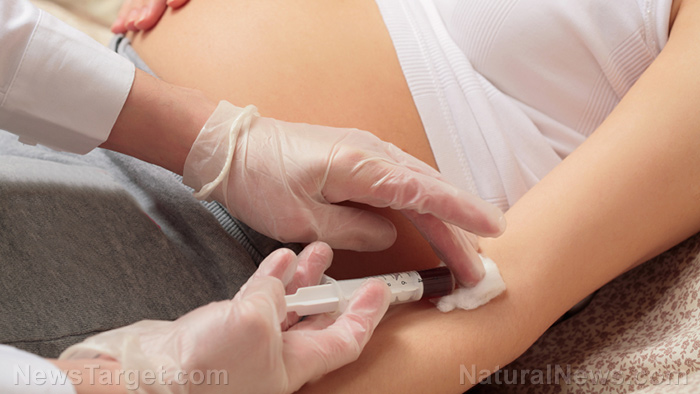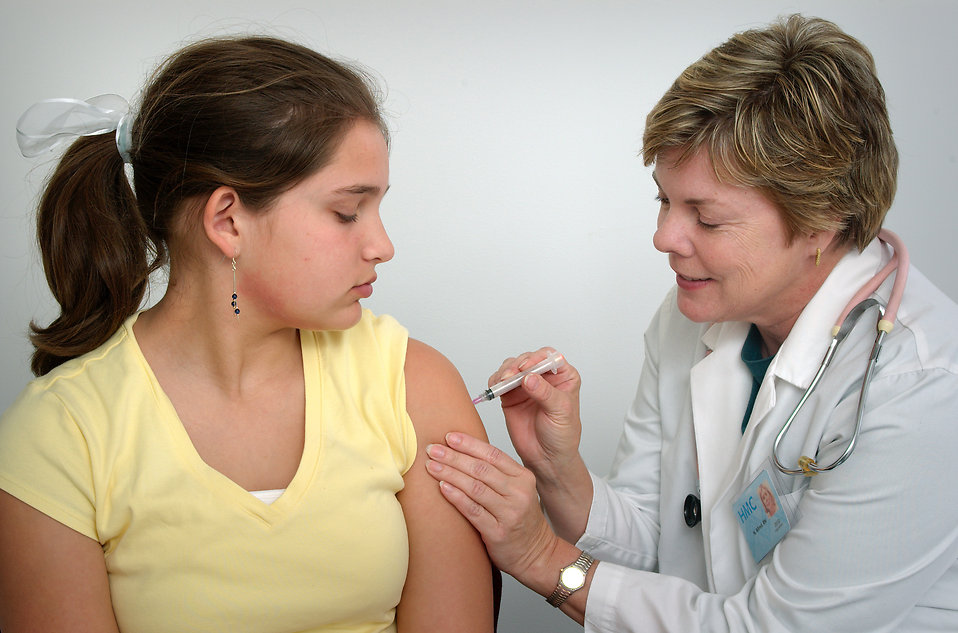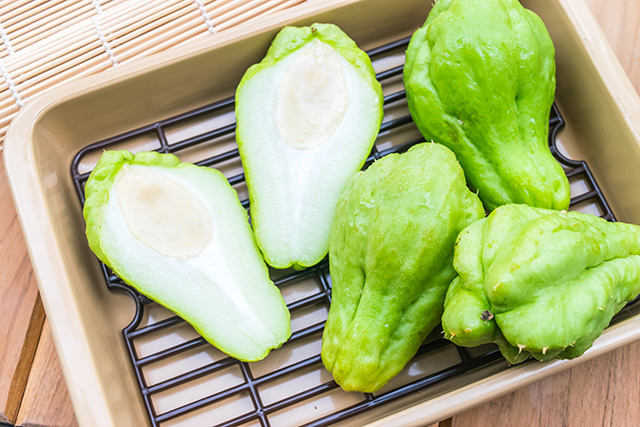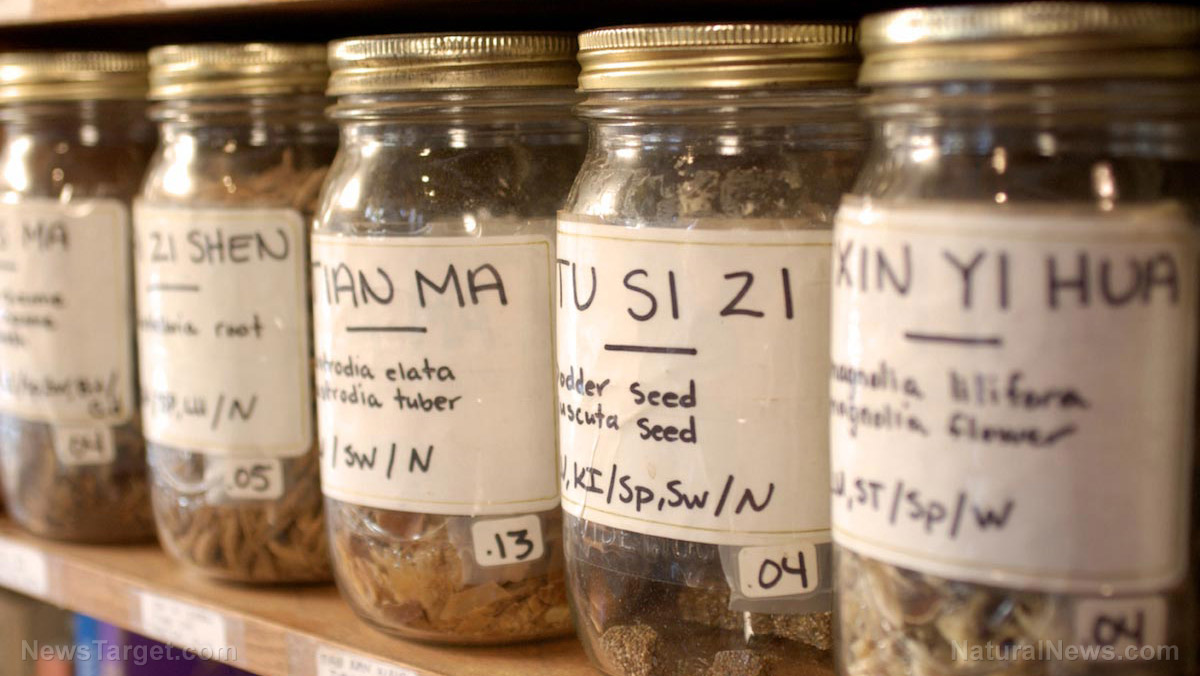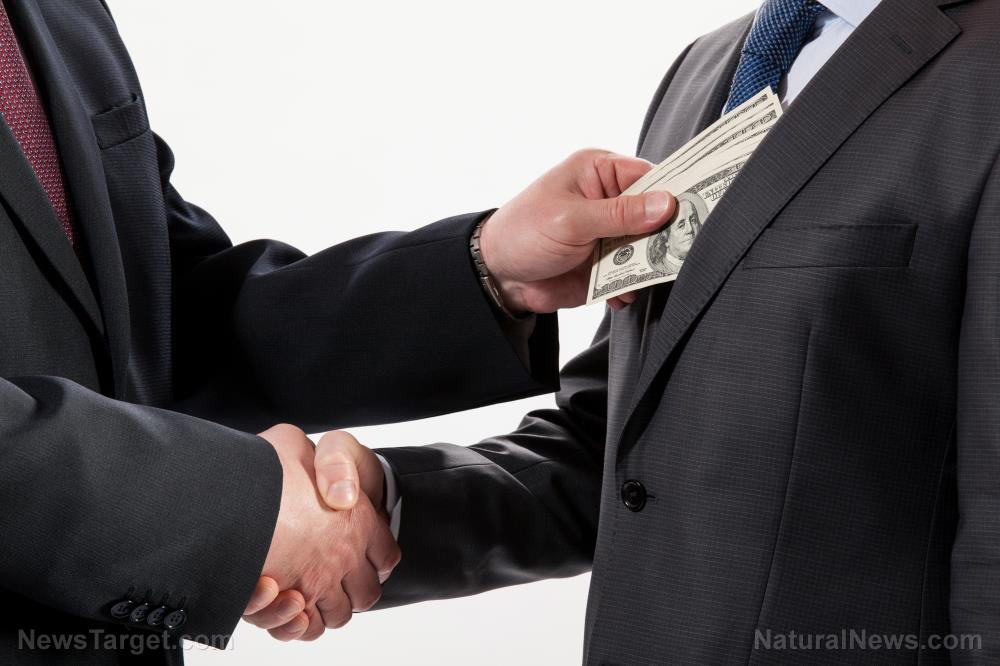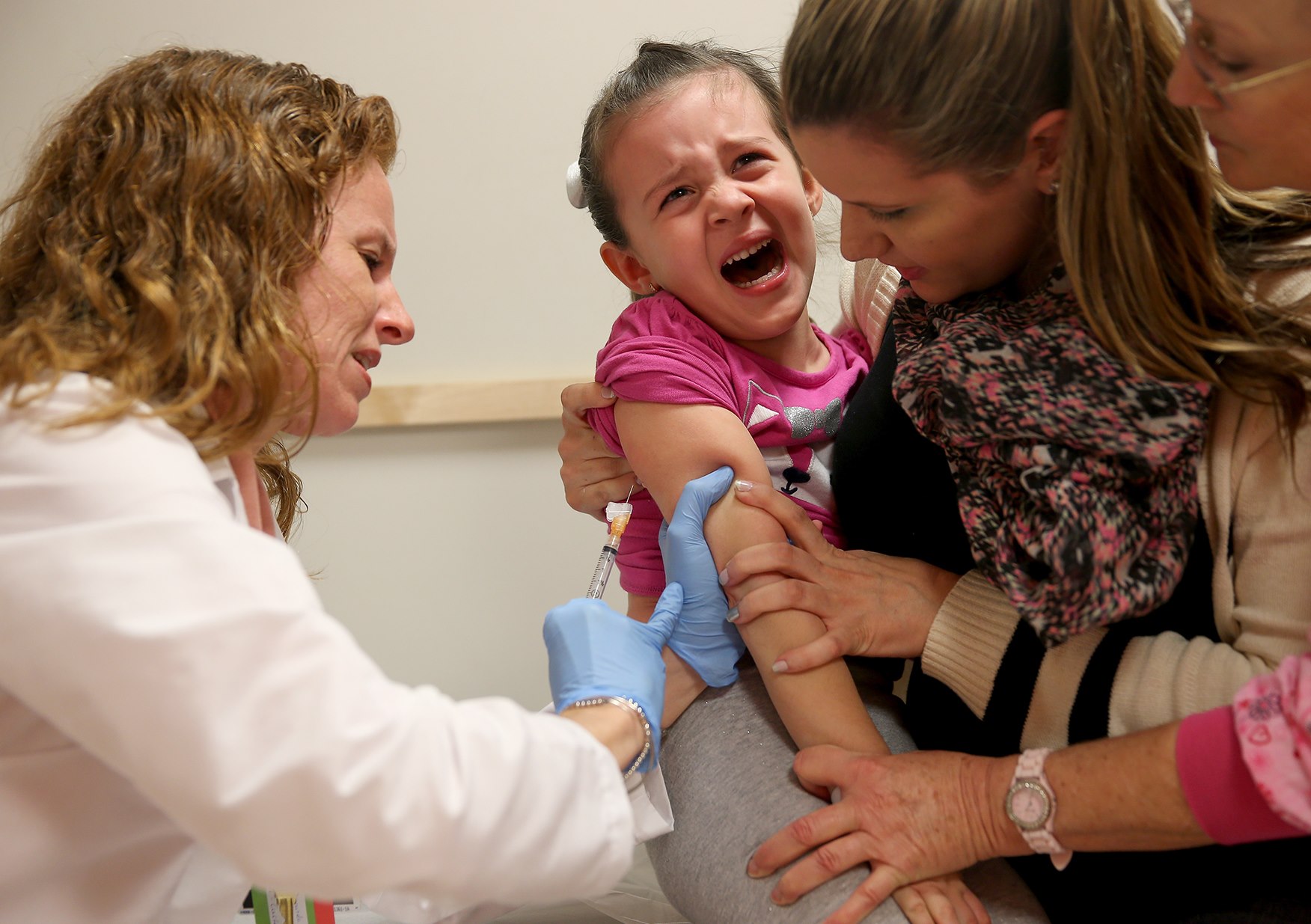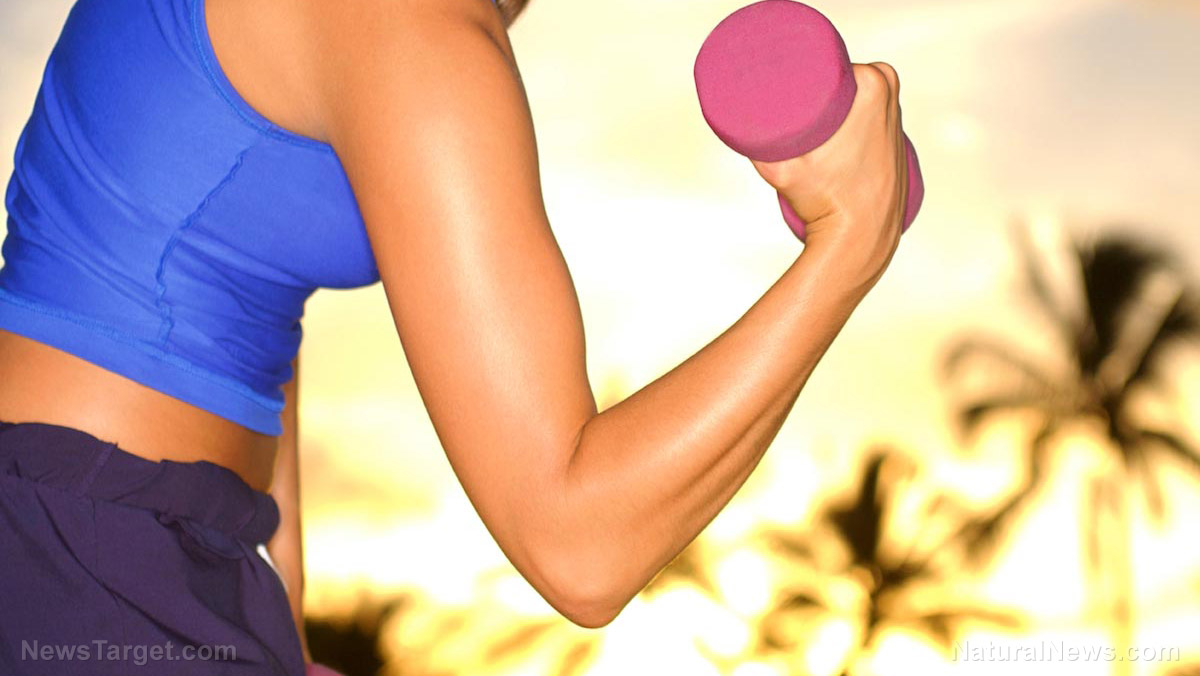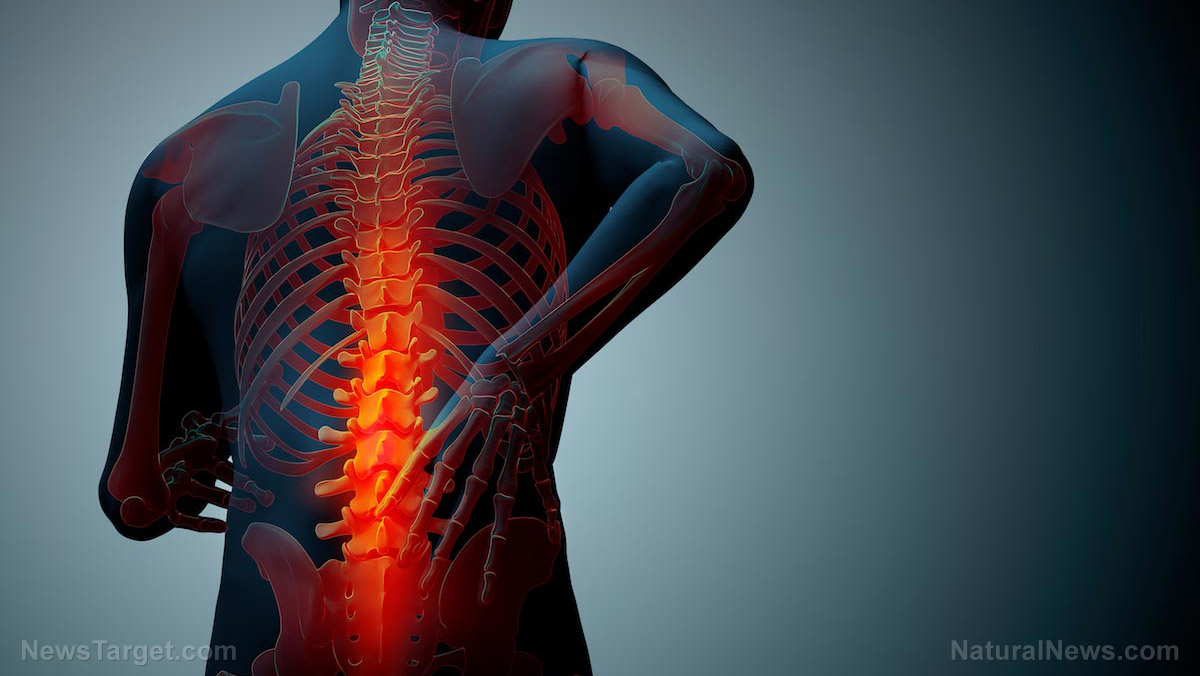App can diagnose anemia by examining photos of your fingernails, but when naturopaths offer the same analysis, they’re attacked as quacks
01/30/2019 / By Isabelle Z.
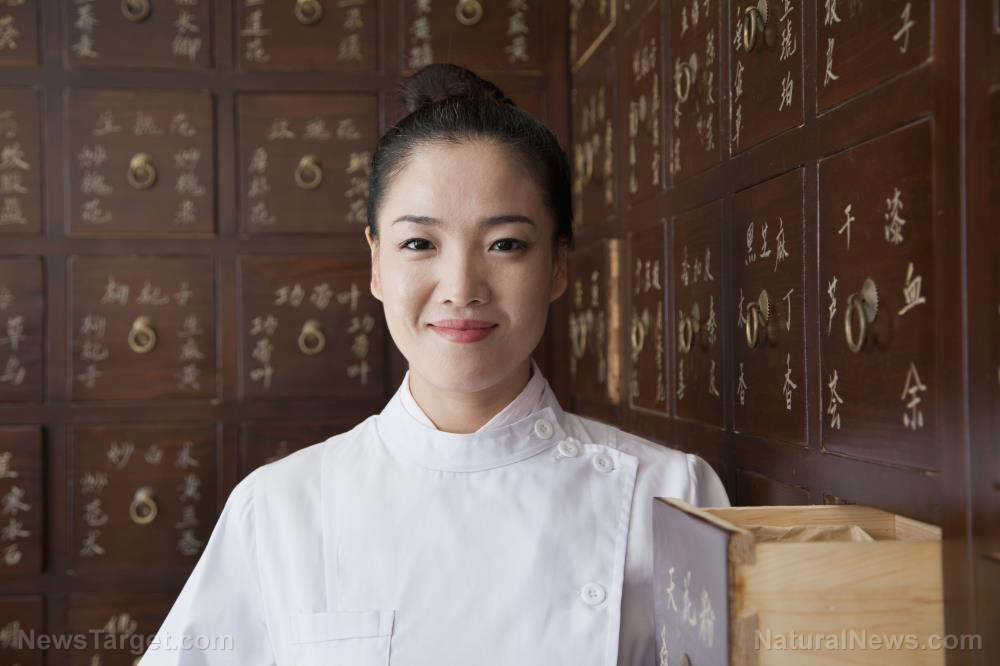
A new smartphone app is making headlines for its utility in helping identify people who could have anemia. The condition, which is marked by low hemoglobin levels and a lack of healthy red blood cells, is believed to affect more than 2 billion people around the world, and it’s particularly prevalent in low-income areas. When left untreated, sufferers can experience heart problems, extreme fatigue, and pregnancy complications.
Researchers from Emory University developed the app, which is based on the conclusion of previous studies that the degree of paleness found in some tissues, such as fingernail beds, can indicate anemia. Because the skin under your fingernails doesn’t have any pigment, the hemoglobin is the main source of color there – so paler skin there could point to a problem.
Users only need to take a photo of their fingernails and then indicate to the app where in the photo their nails are situated. After factoring out any ambient lighting conditions, the app is able to determine if someone could be at risk.
This method isn’t as accurate as a blood test, but it could be helpful when it comes to screening those who warrant further testing, which requires samples of blood and specialized equipment.
The team is also working on an app that can assess jaundice, the yellowing of the eyes and skin caused by liver disease.
Smartphone health assessments considered acceptable while naturopaths accused of quackery
It’s interesting to note that many observers view this and similar apps as being cutting-edge examples of how much technology can do for people, yet many are quick to say humans who offer the same services are engaging in quackery. A “high-tech” app is better received in many circles than a person who is trained in traditional Chinese medicine, even when both are essentially offering the same service. How can it be that a computer program is more trusted than an actual human being with experience seeing a variety of people?
Mother Nature's micronutrient secret: Organic Broccoli Sprout Capsules now available, delivering 280mg of high-density nutrition, including the extraordinary "sulforaphane" and "glucosinolate" nutrients found only in cruciferous healing foods. Every lot laboratory tested. See availability here.
A similar paradox is at play when it comes to nutrition. Countless people depend on apps to tell them how many calories they’ve consumed and if they’re getting the right mix of protein, carbohydrates, and fats. Yet when a human wants to offer this type of service, they can run into all sorts of roadblocks, no matter how long they’ve studied or what licenses or certifications they’ve earned.
For example, you can find apps that help you follow the Paleo diet, but a North Carolina health blogger found himself being threatened with jail time after posting on his website about how the Paleo diet helped him conquer diabetes for “practicing nutrition without a license.” Does your smartphone have a license?
Health advice is being criminalized on the internet, with nutritionists being restricted or outright prohibited by groups like the American Dietetic Association (ADA) for trying to share alternative dietetic advice. Of course, the ADA is sponsored by junk food companies like Hershey’s and Coca-Cola, so it’s understandable that they wouldn’t want people to learn more about what food is truly healthy and what isn’t.
What does it say about our society that the advice of computer programs is valued more highly than that offered by experienced professionals? Why is the diagnosis of an app considered legitimate but a naturopath who says the same thing is labeled a quack?
Sources for this article include:
Tagged Under: alternative medicine, anemia, apps, bias, Collusion, computers over humans, corruption, disease causes, double standard, fingernails, mainstream health, naturopaths, nutrition advice, quackery, Smartphones, TCM




